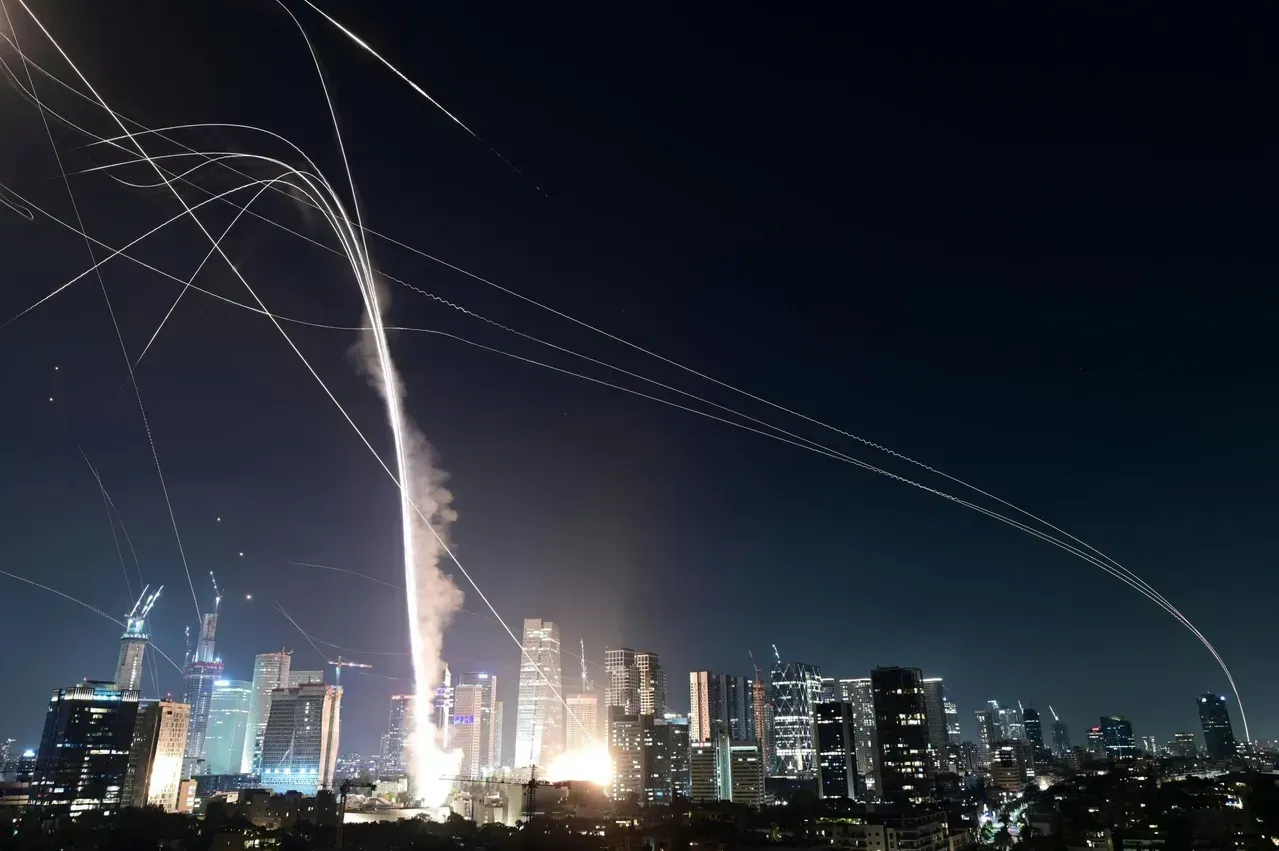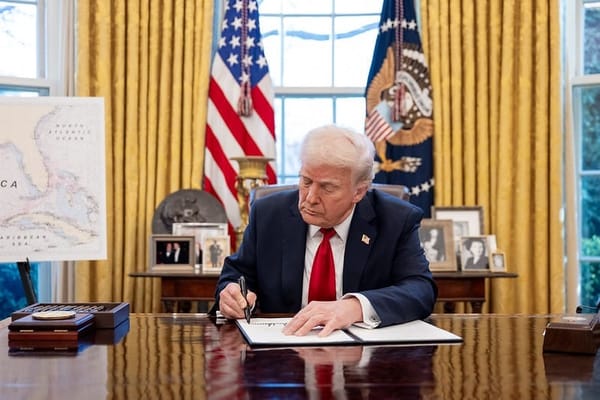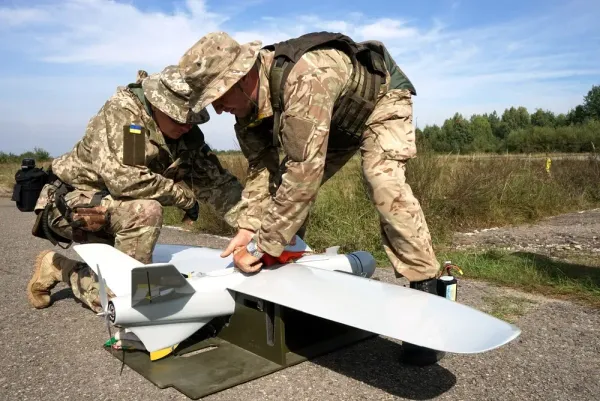Israel–Iran War Deepens
What happened?
Over the weekend and into Monday, Israel and Iran escalated their conflict. On Sunday, Israel launched a "large-scale wave" of airstrikes targeting military infrastructure in Tehran. Iran reported that 224 civilians were killed in the attacks. In retaliation, Iran launched a missile barrage on Israeli cities, killing eight people and bringing Israel's total death toll since Friday to 23. Despite the intensification of hostilities, the price of Brent crude oil remained stable at around $74 per barrel, with no immediate disruption to energy exports through the Strait of Hormuz.

Why does this matter?
-
 Regime-change playbook: If Israel's campaign seeks to topple Tehran's leadership, the war might become open-ended, raising the odds of wider US or Gulf involvement.
Regime-change playbook: If Israel's campaign seeks to topple Tehran's leadership, the war might become open-ended, raising the odds of wider US or Gulf involvement.
-
 Energy shock: As tanker bookings have slowed, and freight rates have jumped by over 20% on key routes, energy markets remain sensitive to further instability.
Energy shock: As tanker bookings have slowed, and freight rates have jumped by over 20% on key routes, energy markets remain sensitive to further instability.
-
 Great-power entanglement: Moscow views Israel's operation as "Western subversion," linking it to NATO's support of Ukraine.
Great-power entanglement: Moscow views Israel's operation as "Western subversion," linking it to NATO's support of Ukraine.
What's next?
Israeli cyber units are expected to escalate "blackout" attacks on Iran's power grid. Meanwhile, Tehran may launch longer-range Shahab missiles at Tel Aviv or Emirati ports. A direct clash between the US and Iran seems unlikely thus far, but the bandwidth available for Ukraine-related diplomacy has already decreased, complicating Western arms supplies.





